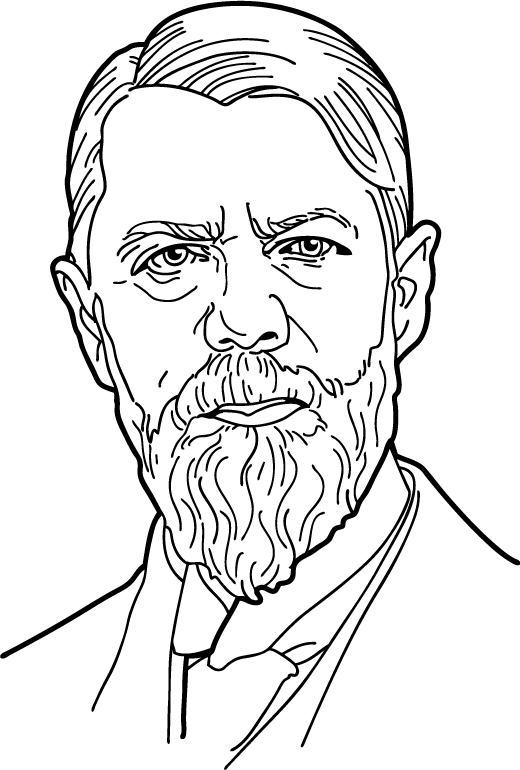Business Thinkers
1864 - 1920
Max Weber

Biography
Max Weber was born in Erfurt, Germany, and spent most of his youth studying, being physically restricted through meningitis. His studies were interrupted by a year in the army, which he detested.
After his discharge he qualified as a lawyer. He then completed two theses: on the economy and society, and then on medieval commerce. After researching religious influence on ancient commerce and Italian Catholicism, he concluded that Calvinist Protestantism inspired modern Capitalism – see The Protestant Ethic and the Spirit of Capitalism (1904 -1905).
Weber is best remembered for describing "bureaucratic management" in Economy and Society (1911-1913). Its intention was for an efficient philosophy of management that was a risk adverse, rigid chain-of-command structure which still much practised by government and public organisations, where the employed should be fully trained to give them confidence to perform their work.
Read More
Entry in the Stanford Encyclopaedia of PhilosophyStudy Sustainable Creative Management